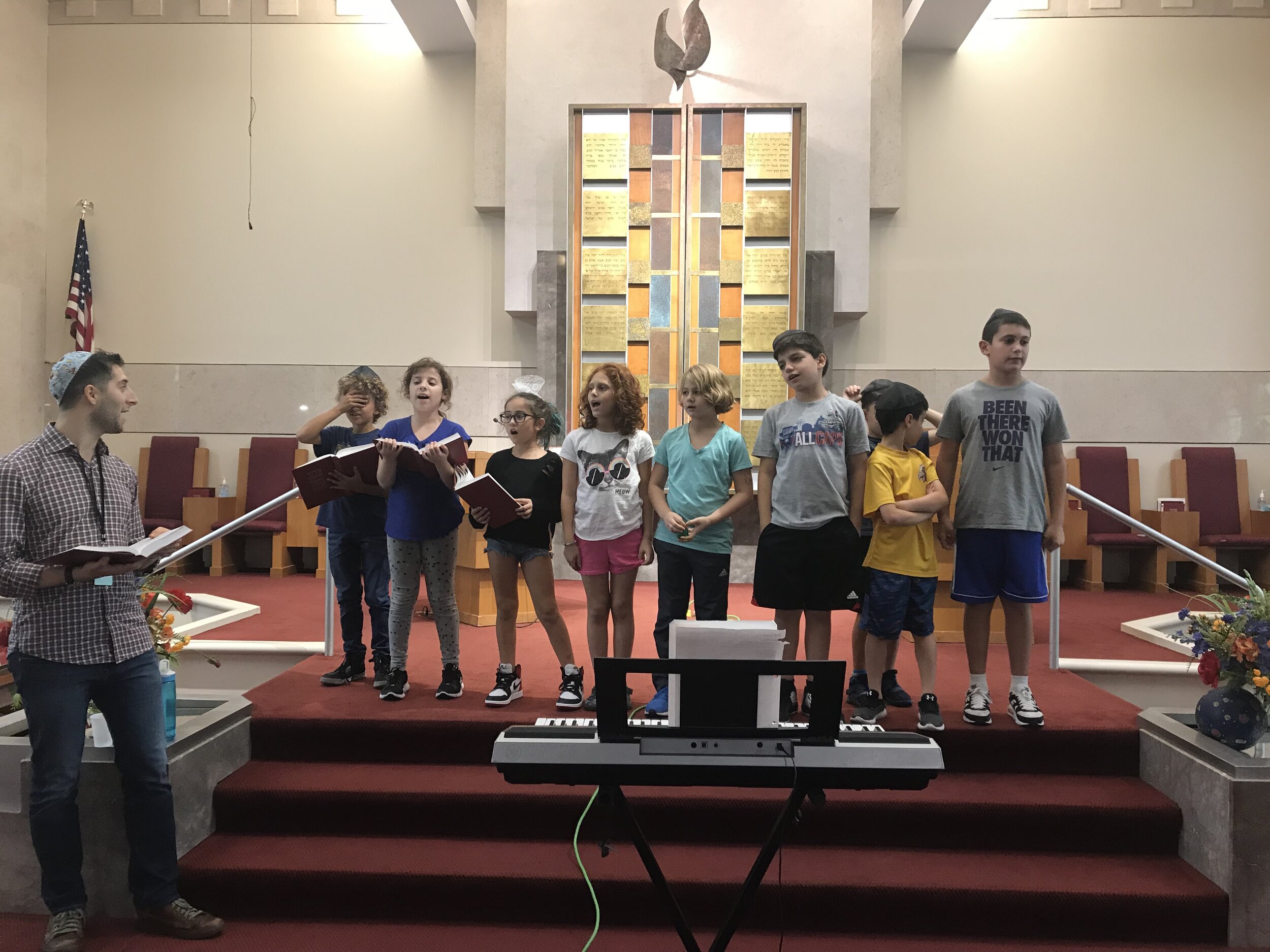
KITAH DALET (4th)
Let’s play Jewish Geography: Where we’ve wandered and where we’ve settled.
TOPICS:
Torah stories (Exodus), holidays, Hebrew reading, Tefillah, Jewish History, Israel
SCHEDULE:
Wednesdays: 4-6 PM
Mondays: 4-6 PM OR Saturdays: 9-10:30 AM OR Private Tutoring
BIG IDEAS:
Our experiences of slavery in Egypt and wandering in the desert transformed us from individuals to a People with shared identity, experiences, and history.
While Jews have lived all over the world for many years, we still share a common history—Torah —as well as many historical trends.
Medinat Yisrael (the State of Israel) gives Jews from all over the world a chance to re-join a common history—the history of the State of Israel.
Reading Hebrew allows us to participate in synagogues and be part of the Jewish community all over the world.
Praying in community is an important way Jews connect to God.
ESSENTIAL QUESTIONS:
What did the Jews learn and experience through slavery, Exodus, and wandering in the desert? How did that change their identity?
What history do all Jews have in common? What historical trends got us to where we are today?
How does the existence of the modern country of Israel change Jewish history? How could it change my own family’s history?
How do I best communicate with God?
OBJECTIVES:
Students will learn how to…
Ask thoughtful questions about Torah stories and characters.
Make connections between Torah, holidays, history and Israel.
Make personal connections between their lives and Torah, holidays, history and Israel.
Read Hebrew to follow along in the siddur (prayer book).
Students will understand…
The major stories of Sefer Shemot (Exodus) and part of Sefer Vayikra (Leviticus) — including the characters, basic plots, lessons, and mitzvot that we can apply to our own lives.
That kashrut was a mitzvah given to us in the Torah, and that it has not changed all that much over the years.
The sources (Torah or historical), stories, customs, and traditions associated with 5 Jewish holidays.
The Biblical and religious connections to Eretz Yisrael.
That Israel has welcomed millions of Jews who fled inhospitable situations since its founding. Israel provides Jews from all over the world a safe haven and a homeland to return to.
That praying together, in Hebrew, is one way we communicate with God.
Students will believe that…
We read the Torah every year because we can always learn new ideas or be reminded of old ones.
The characters in the Torah show us how we should (and shouldn’t) live our lives.
Jewish holidays are personally meaningful to us because…
We have ancient, Biblical connections to Eretz Yisrael, and we are part of the chain connecting Israel and Torah.
Our shared and diverse pasts add to the beautiful tapestry of Jewish peoplehood and we are all connected through Torah and holidays, even if specific parts of our histories differ.
They can have a connection with God.

For more information about JRS programming, please contact Seth Golob, Director of Jackson Religious School and Family Engagement, at (212) 593-3300, or at sgolob@spsnyc.org.





